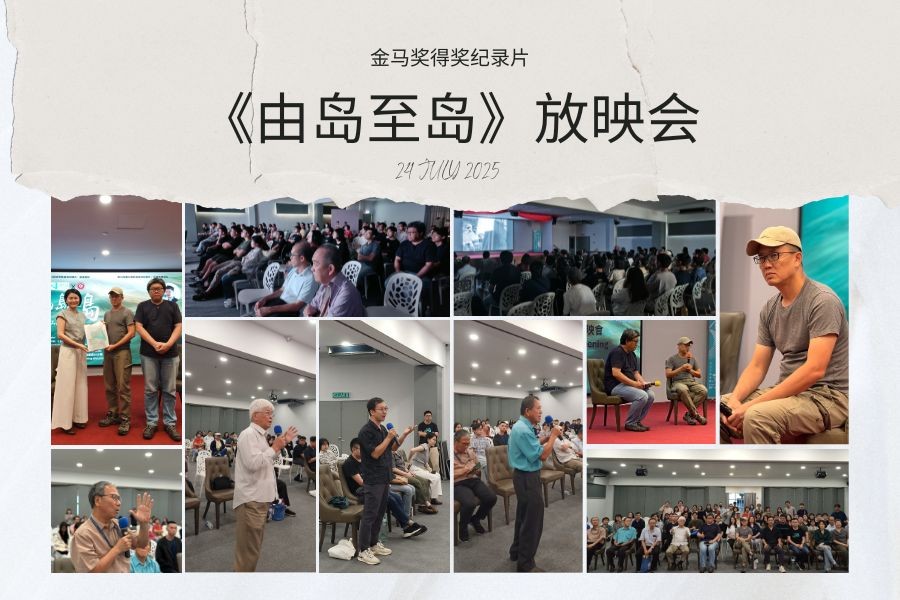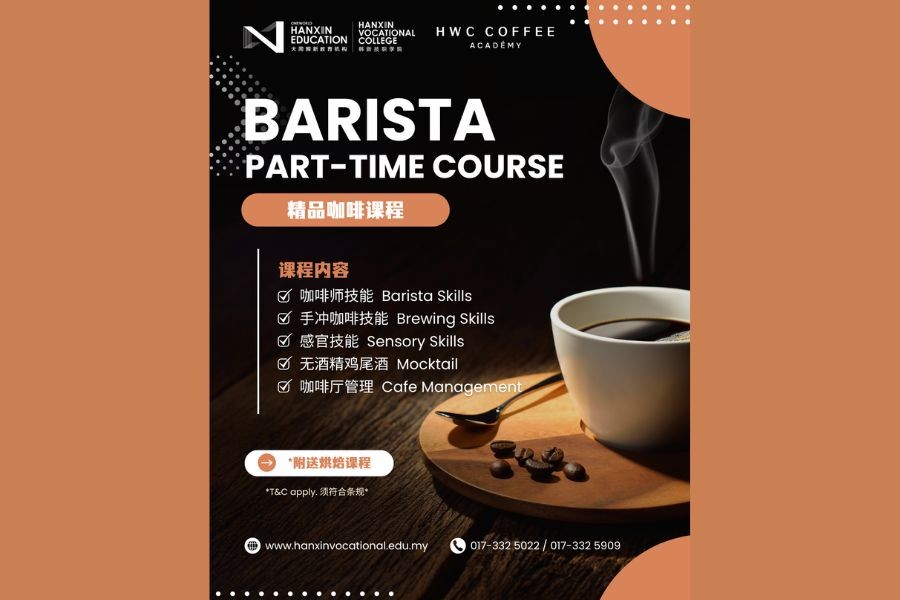Director of "From Island to Island" Lau Kek Huat: Let personal memories return to the historical scene
Lau Kek Huat, the director of the documentary "From Island to Island", believes that language is not only a communication tool in documentaries, but also a key to unlock memory and identity. He shared that when interviewing Taiwanese veterans, using different languages such as Japanese or Taiwanese to ask questions will guide the interviewees into different historical periods. For example, Japanese will evoke memories of Japanese colonial education, while Taiwanese will lead to post-war thinking patterns. He said this in response to the audience's question about how the director handles the challenges of multilingual content and cross-cultural narrative in the film.He emphasized that language itself is part of memory, and who chooses to ask questions and what language to interview will determine whether the story can be told.
"The same question, when asked in Japanese, the interviewee will return to the memory of the Japanese colonial period; when asked in Taiwanese, it will return to the Taiwanese identity after the war."
Lau said that "From Island to Island" is a documentary of memory, not a traditional historical record. He pointed out that historians are concerned about "whether the event is true and whether there is evidence", but this film is more concerned with "whether the individual is lying to himself" or "whether he is covering up trauma."
He believes that when personal memories do not conform to the mainstream national narrative, they are easily marginalized or even forgotten. Lau pointed out that telling stories is the right of individuals, not the country, and we should not hand over this right to tell stories to the country and make it a tool for national narrative.
When asked about the origin of the title "From Island to Island", Director Lau explained that most people did not have the concept of the "country" before World War II, and most veterans did not understand the war through the concept of "country". For them, the war experience is "starting from one island to another island", rather than the abstract concept of "from one country to another country". Instead of emphasizing the historical view of the country or the nation, he hopes to explore our relationship with others from the perspective of "island and island".
Even though World War II has ended for 80 years, there are still many scholars and non-governmental organizations trying to question the responsibility of the war. He also believes that moral judgments should not be oversimplified into "good guys and bad guys", because everyone in the war, whether perpetrators or victims, is under the test of moral limits. He added that the perpetrators and victims in war are never that simple.
"We are used to believing that we are good people, but we forget that in a state of war, everyone faces moral tests."
The documentary was screened at Oneworld Hanxin College. The screening was co-organized by Oneworld Hanxin College, the Youth Section of the Selangor and Kuala Lumpur Hokkien Association, and Centre For Malaysian Chinese Studies. The screening was also sponsored by the Ministry of Culture of Taiwan. The film is 5 hours long and is divided into two parts. The event attracted more than 100 viewers to watch and participate in the discussion. The moderator of the discussion was Raymond Lim.
If you want to purchase the personal collection USB of "From Island to Island" (RM260 including postage), please fill in the following form.
https://docs.google.com/forms/d/e/1FAIpQLSdlEPZANoEjykmuw9CEjB210u7WgbF9t51xX2v0DXD3AxlUfw/viewform

.jpg)
.jpg)
.jpg)
.jpg)
.jpg)
.jpg)
.jpg)
.jpg)
.jpg)


